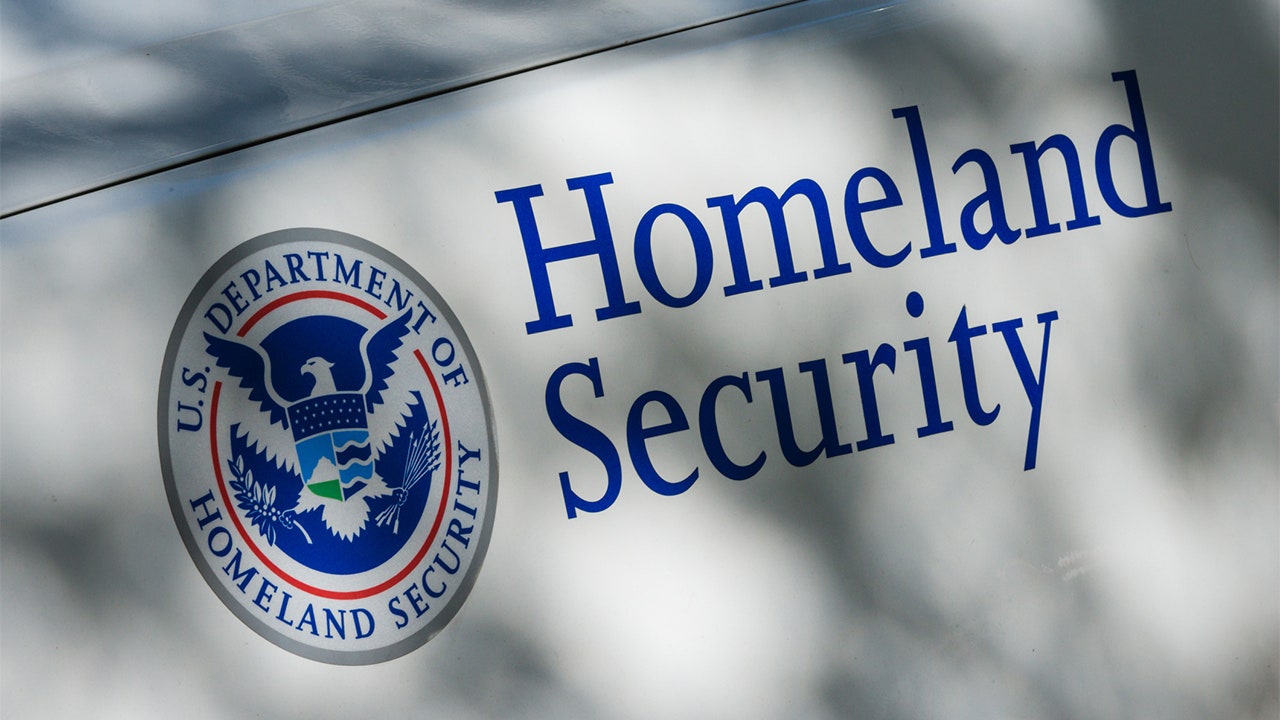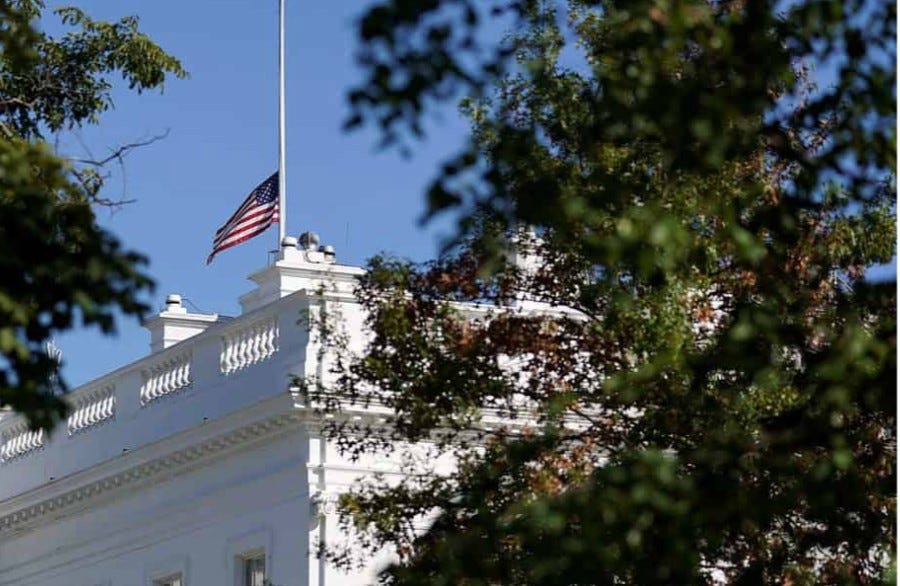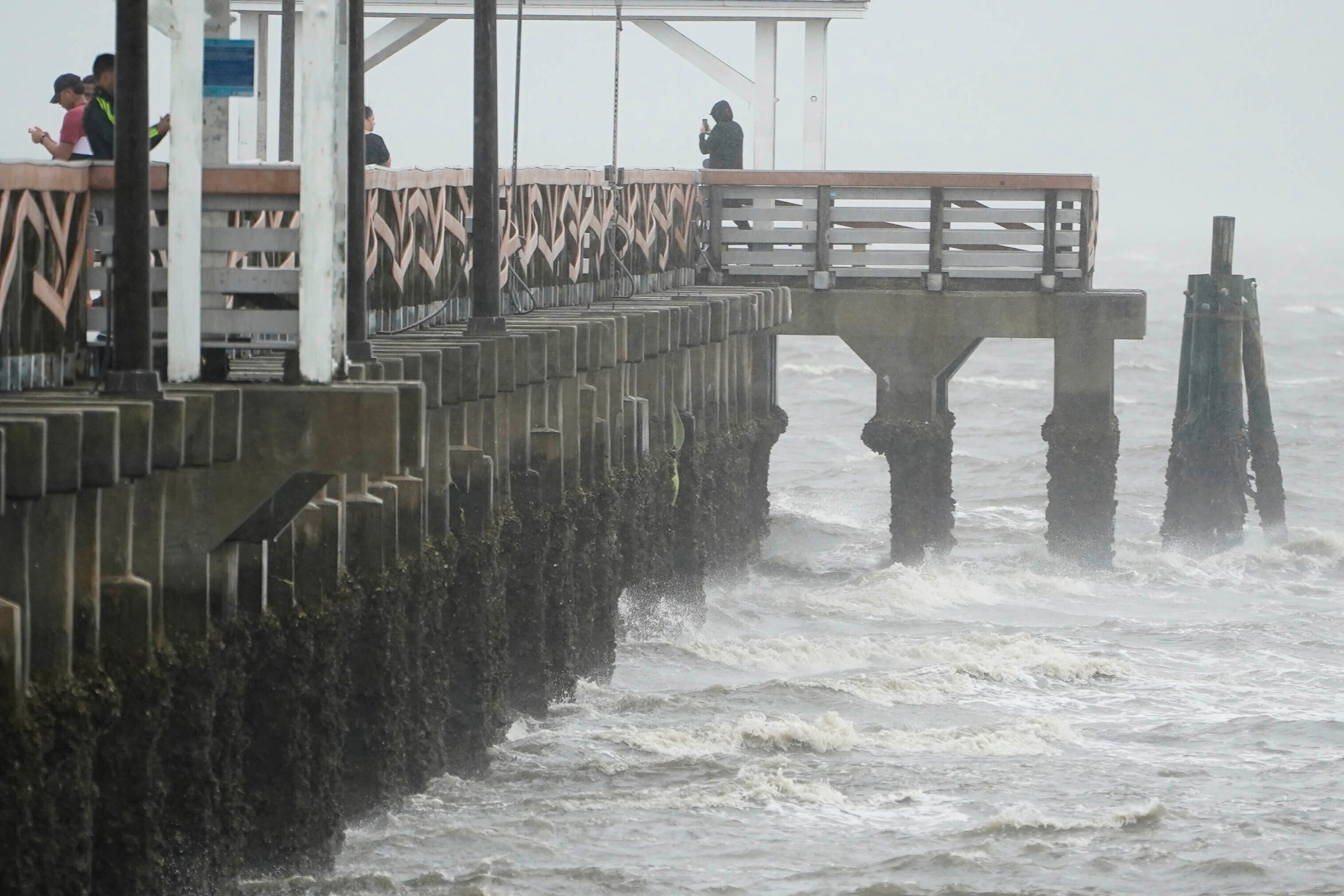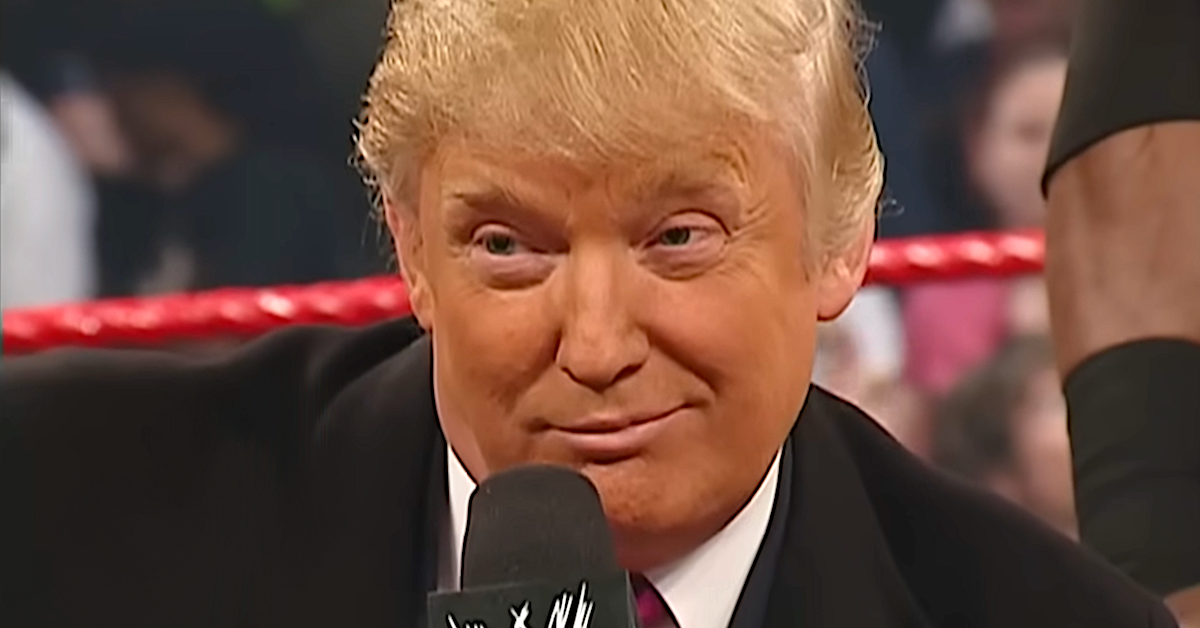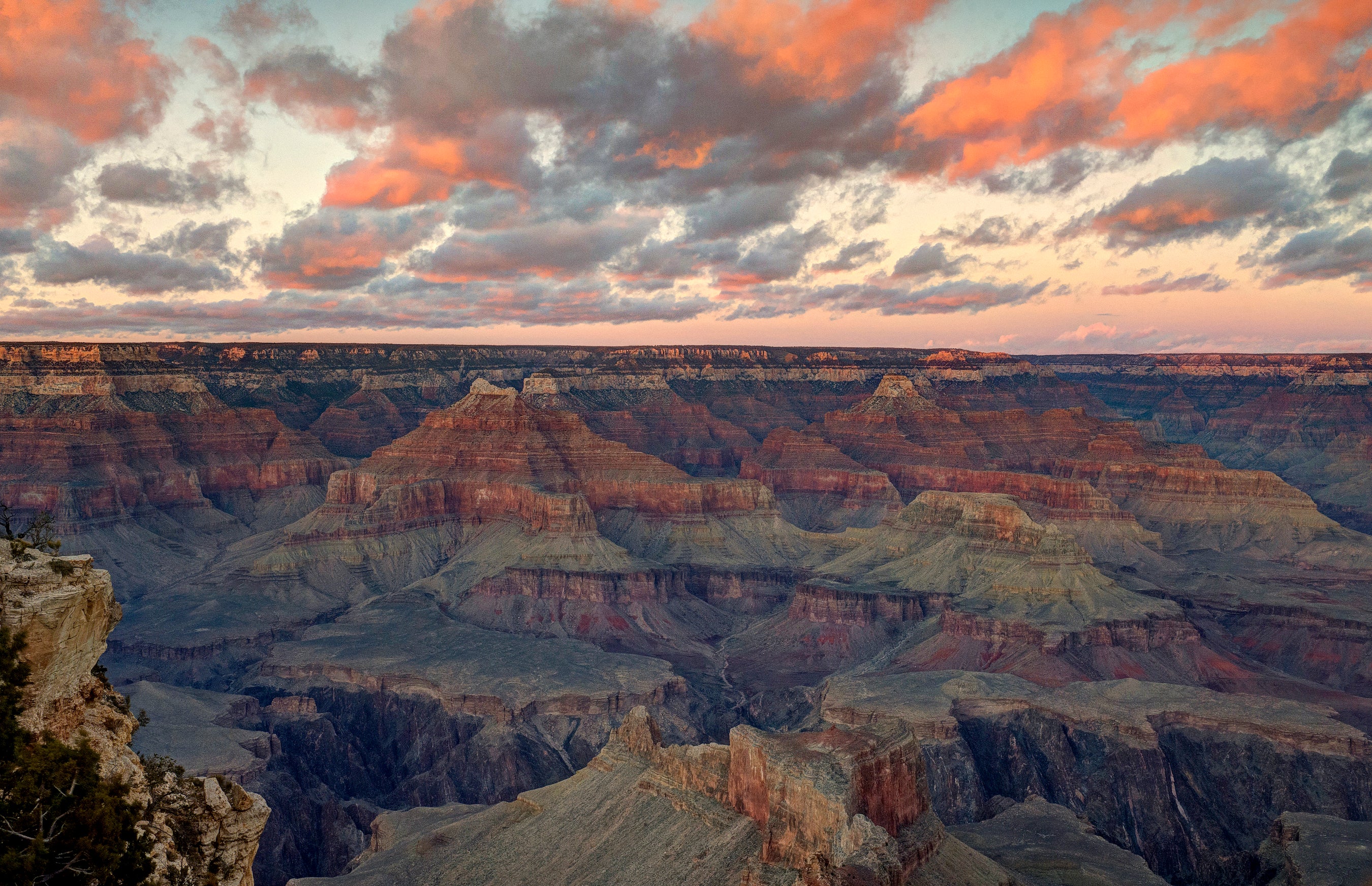
CLIMATEWIRE | President Joe Biden will create a new national monument in Arizona on Tuesday covering close to a million acres of lands surrounding the Grand Canyon important to nearby Native American tribes.
The Baaj Nwaavjo I’tah Kukveni–Ancestral Footprints of the Grand Canyon National Monument will be the fifth designated by Biden in the past 10 months, prohibiting new uranium mining claims in the region. It will include federal lands around the Grand Canyon National Park in northern Arizona that are managed by the Forest Service and the Bureau of Land Management, according to the White House.
The federal agencies will co-manage the monument with a dozen Native American tribes through a specifically established commission.
Interior Secretary Deb Haaland, the first Native American to lead the agency, told reporters during a Monday evening Zoom call that her visit to the region in May, when she hiked along the Grand Canyon’s “South Rim” with members of the Havasupai Tribe, convinced her the monument designation was justified.
“I witnessed the deep connection that the Havasupai people have with the lands and waters that have sustained them since time immemorial,” she said. “It was, and forever will be, one of the most meaningful trips of my life.”
She noted that when the Grand Canyon National Park was established more than a century ago, in 1919, the Havasupai people were driven out of their homelands to make room.
“These special places are not a pass-through on the way to the Grand Canyon. They are sacred and significant unto their own right,” she added. “We are in a new era, one in which we honor tribally led conservation, advance co-stewardship and care about the well-being of Native American people.”
Biden tied his latest national monument designation to ongoing efforts to improve federal relationships with tribes, as well as his administration’s “America the Beautiful” conservation initiative.
“Establishing the Baaj Nwaavjo I’tah Kukveni–Ancestral Footprints of the Grand Canyon National Monument honors our solemn promise to Tribal Nations to respect sovereignty, preserves America’s iconic landscapes for future generations, and advances my commitment to protect and conserve at least 30 percent of our nation’s land and waters by 2030,” Biden said in a statement.
Biden is scheduled later Tuesday to sign the proclamation establishing the new protections at Red Butte — a sacred site in Arizona called Wii’i Gdwiisa by the Havasupai Tribe — on the monument’s southern end.
At 917,618 acres, the national monument Biden will designate is slightly smaller than the 1.1 million acres tribal leaders had sought, and which was outlined in separate bills filed last month by Arizona Democratic Rep. Raúl Grijalva and Sen. Kyrsten Sinema (I-Ariz.).
A senior administration official said the reason is that the White House carefully carved out any state or private lands. This was done in the spirit of the 1906 Antiquities Act, according to the official, which allows presidents to unilaterally protect federal lands, but calls on them to designate “the smallest area compatible with the care and management of the objects that he’s seeking to protect.”
“So a lot of careful thought has been given to the boundaries here,” said the administration official, who was granted anonymity to discuss the monument ahead of Biden’s anncouncement.
The national monument designation is a major victory for Native American tribes that have long called for the protection of the lands they consider culturally significant, and the critical waterways in the drought-stricken region, from the threats of pollution from potential uranium mining in the area. While new mining claims will not be allowed to move forward in the monument, the designation will not necessarily prohibit all uranium mining in the area, as “valid existing rights” will be protected, the official said.
It’s Biden’s second national monument preserving land important to Native Americans. In March, he designated the Avi Kwa Ame National Monument in Nevada, which protects mostly BLM-managed lands that are considered sacred to Yuman-speaking Native American tribes.
The Baaj Nwaavjo I’tah Kukveni–Ancestral Footprints of the Grand Canyon monument is backed by the Grand Canyon Tribal Coalition, which is made up of a dozen tribes in multiple states. “Baaj Nwaavjo” means “where tribes roam” for the Havasupai Tribe, and “I’tah Kukveni” means “our footprints” for the Hopi Tribe.
The monument will protect “thousands of cultural and sacred sites that are precious to Tribal Nations in the Southwest,” according to a White House fact sheet.
It will include three distinct areas to the south, northeast and northwest of Grand Canyon National Park, bordered by the Kanab watershed boundary and the Kanab Creek drainage on the northwest, the Havasupai Indian Reservation and Navajo Nation to the south, and stretching from Marble Canyon to the edge of the Kaibab Plateau on the northeast side, according to the fact sheet.
The national monument lands include deep canyons with creeks and streams that eventually flow into the Colorado River, which provides drinking water to millions of people across the Southwest.
The national monument designation comes about two weeks after Biden used this executive authority to establish the Emmett Till and Mamie Till-Mobley National Monument, which includes three sites in Illinois and Mississippi associated with Emmett Till, the 14-year-old Black youth whose lynching by two white men in Mississippi in 1955 sparked the modern civil rights movement.
White House Council on Environmental Quality Chair Brenda Mallory praised Biden’s efforts to establish monuments that “help ensure our national park sites tell a more complete story of our nation,” including the displacement by the federal government of thousands of Native Americans from the region.
“By answering the call of tribal leaders to protect these lands as his fifth new national monument, President Biden is helping address injustices of the past,” Mallory said. “He is ensuring that the Grand Canyon, an iconic American treasure, will stay pristine for future generations.”
Biden since October has also established the 6,672-acre Castner Range National Monument on an old Army weapons testing range in El Paso, Texas, and the Camp Hale-Continental Divide National Monument in Colorado, which protects a World War II Army camp and surrounding peaks in the Tenmile Range.
The White House also announced that Tuesday, ahead of the anniversary of the Inflation Reduction Act, the administration will allocate $44 million from the Inflation Reduction Act to support climate resilience projects in national parks in 39 states, the District of Columbia, Puerto Rico and the U.S. Virgin Islands.
“The Inflation Reduction Act is the most ambitious step to advance environmental justice and combat the climate crisis in history, putting our nation on track reach President Biden’s unprecedented climate goals,” Mallory said.
Reprinted from E&E News with permission from POLITICO, LLC. Copyright 2023. E&E News provides essential news for energy and environment professionals.

